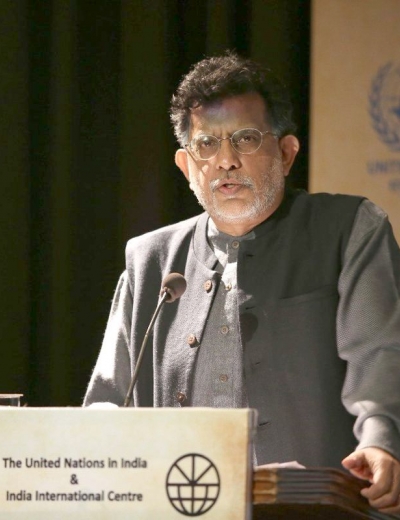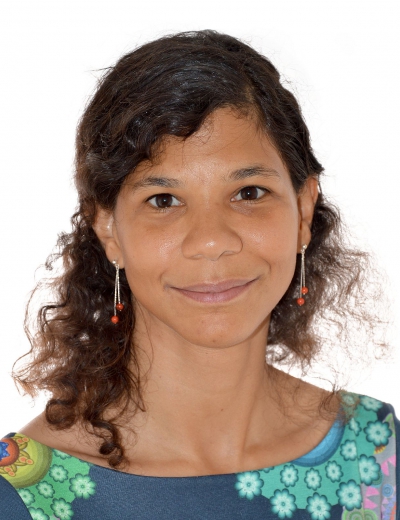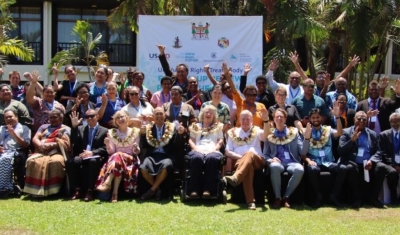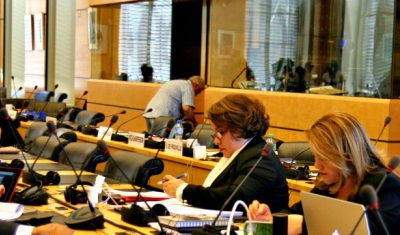The Universal Periodic Review and the UN Human Rights System: Raising the Bar on Accountability

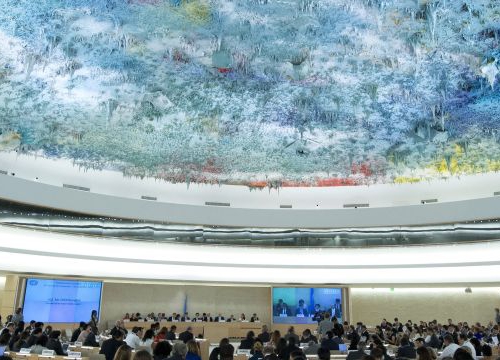
UN Photo / Jean-Marc Ferré

The emergence of the United Nations (UN) Universal Periodic Review (UPR) has brought new life into the measures taken at the international and national levels to hold states accountable to their international human rights and humanitarian law obligations.
The UPR has also generated a number of initiatives at national levels at a scale previously unrealised in the attempts to translate international human rights commitments into practice at the policy and field levels: improved inter-ministerial coordination; robust national civil society alliances; more rigorous work by UN agencies; new reporting and monitoring steps by national human rights institutions (NHRI’s); more comprehensive training opportunities and human rights education on human rights and humanitarian instruments; a better understanding of the links between human rights and the Sustainable Development Goals (SDG’s).
This training course – co-organized with UPR-Info – will explore the origin and evolution of the UPR and its functioning in Geneva. It will largely focus on the nature of implementation of the UPR recommendations at the national level. Using examples (including anecdotes from the experience of the lecturers) of different stages of implementation the course will provide hands-on exercises to demonstrate the new pathways the UPR is evolving for the realization of human rights.
In Geneva and Online
The course can be followed in Geneva or online.
Programme
The course will cover the following issues:
- Locating the UPR within the UN human rights system including the UN treaty bodies, the work of the UN Special Procedures, and the thematic and country-based work of the UN Human Rights Council (HRC) and of the Office of the UN High Commissioner for Human Rights (OHCHR). Has the emergence of the UPR also increased the impact of the work of UN Special Procedures and the UN treaty bodies?
- The critical importance of the reporting process in the UPR – examples of national report, compilations from UN sources and the compilation of the stakeholder’s reports (NHRI’s and civil society reports)
- The politicization of the UN human rights council: Is there an impact on the content and functioning of the UPR?
The critical advocacy role of national governments, NHRI’s, civil society, UN agencies, academic bodies, national parliaments, diplomats and the media
- The inextricable link between the UPR and the SDGs: What tools are available at the international and national levels to make this link. Is a common reporting mechanism achievable? Can there be synergy in the implementation of both these sets of obligations on the ground?
- Economic, social and cultural rights and civil and political rights. Has a balance at the UPR been achieved? Can the implementation strategies at national levels redress a potential imbalance between these two sets of rights?
- The development of tools and research methodologies, including data collection for the UPR
- Examples of good practices at the policy and field level: These examples will be used throughout the course to highlight the tremendous possibilities the UPR offers practitioners on the ground to play their part in implementing human rights obligations.
- Whether the UPR as a mechanism responded to Covid-19 and could be a useful mechanism to frame a human rights-based response to the post-Covid period?
- Visits to the UPR Working Group of the UN Human Rights Council or to a UPR-Info Pre-Sessions at the Palais des Nations or a UN treaty Body session to understand the synergy between treaty body work and the UPR.
Objectives
At the end of this course, participants will be:
- Familiar with the genesis and evolution of the UPR, within the context of the UN human rights system
- Knowledgeable about the advocacy strategies employed by national actors to identify issues to be raised at the UPR and to ensure implementation
- Able to identify the distinct but also the collaborative role of various national level actors: national governments, NHRIs, civil society, UN agencies, academic bodies, national parliaments, diplomats and the media
- Able to utilise the sophisticated tools (matrices) developed by various actors at the national level to monitor progress with the UPR recommendations
- Able to demonstrate, in their own contexts, the many uses of the implementation examples used throughout the course
- Able to identify the link between the UPR and the SDGs at the international and national levels
- Able to draft impactful recommendations for the UPR.
Methodology
The course will be conducted in a participatory training mode with a combination of illustrated lectures and group exercises aimed at evolving practical documents to be used in the UPR process.
Access to a Dedicated Community Platform
All participants in our training course have access – ahead, during and following their course – to a dedicated community platform (on Mighty Network). This community brings together all the participants to our courses who have unlimited access to the training materials and resources shared during their course and can exchange with all the alumni of the Geneva Human Rights Platform Training Hub.
Lecturers
The training course will be led by Miloon Kothari, a renowned expert on human rights and social policy, with extensive teaching and training experience on the UN human rights system and the UPR.
The course will include specific sessions by guest lecturers drawn from OHCHR, UN agencies, ambassadors from Permanent Missions in Geneva and Geneva-based NGOs including UPR-Info.
Audience
This training course is designed for staff of NGOs, research institutes, UN agencies (especially members with experience of fieldwork) and other national and international organisations, members of NHRIs and representatives of governments and academia.
The language of instruction during the training is English. All candidates must possess a level of proficiency in English that enables them to actively participate in the training.
Certification
Participants who successfully complete the training course receive a certificate of participation from the Geneva Academy.
Fee
Attendance in Geneva
The training fee for this five-day programme is 1,830 Swiss Francs and includes tuition costs, course materials, 5 lunches, and refreshments during coffee breaks.
All participants are responsible for their own travel costs to Geneva, including Swiss visa fees and evening meals (approximately 30 Swiss Francs per meal).
Discount for Online Attendance*
The training fee for those attending the course online is 1,550 Swiss Francs.
Discount for PhD and Master Students*
There is a 30 percent discount for currently enrolled PhD and master students.
Payment
The fee is payable as soon as your place has been confirmed. As places on the training course are limited, participation can only be secured through the payment of the fee. In case of cancellation by the participant, CHF 200 won't be returned.
* These two discounts cannot be combined.
How to Apply
Applications must be submitted via this online application form.
Admission decisions for our training courses are made by our experienced lead trainers. They carefully evaluate each application and may offer acceptance, conditional acceptance, placement on a waiting list, or, in some cases, may need to decline the application.
If you have questions, do not hesitate to contact us: traininghub[at]geneva-academy.ch





